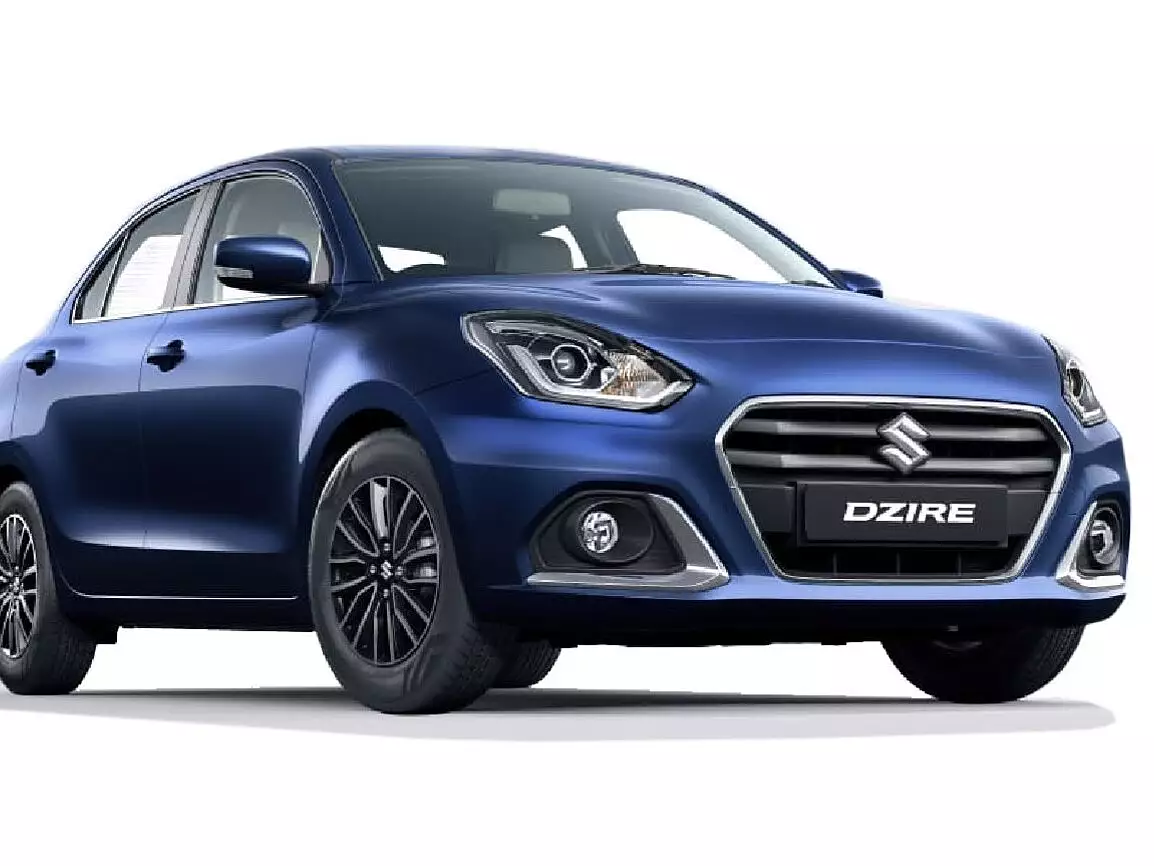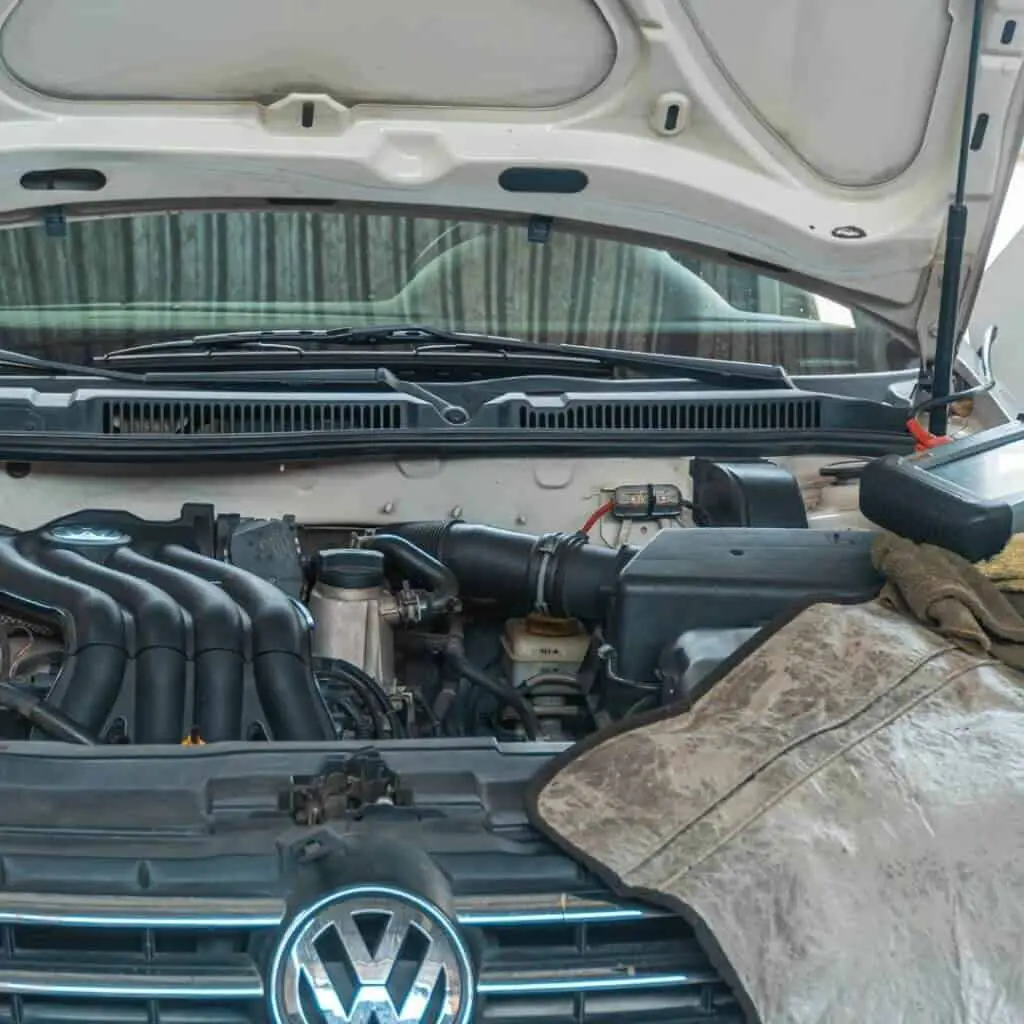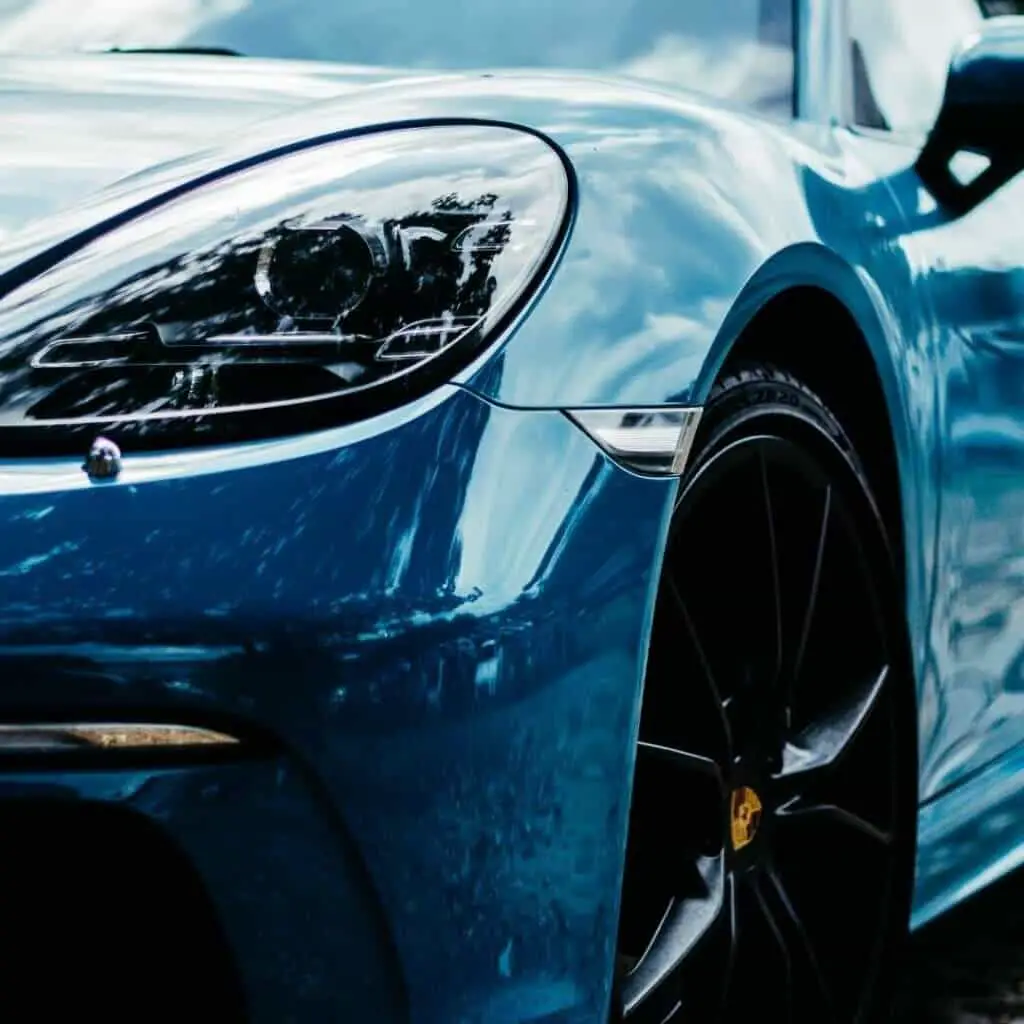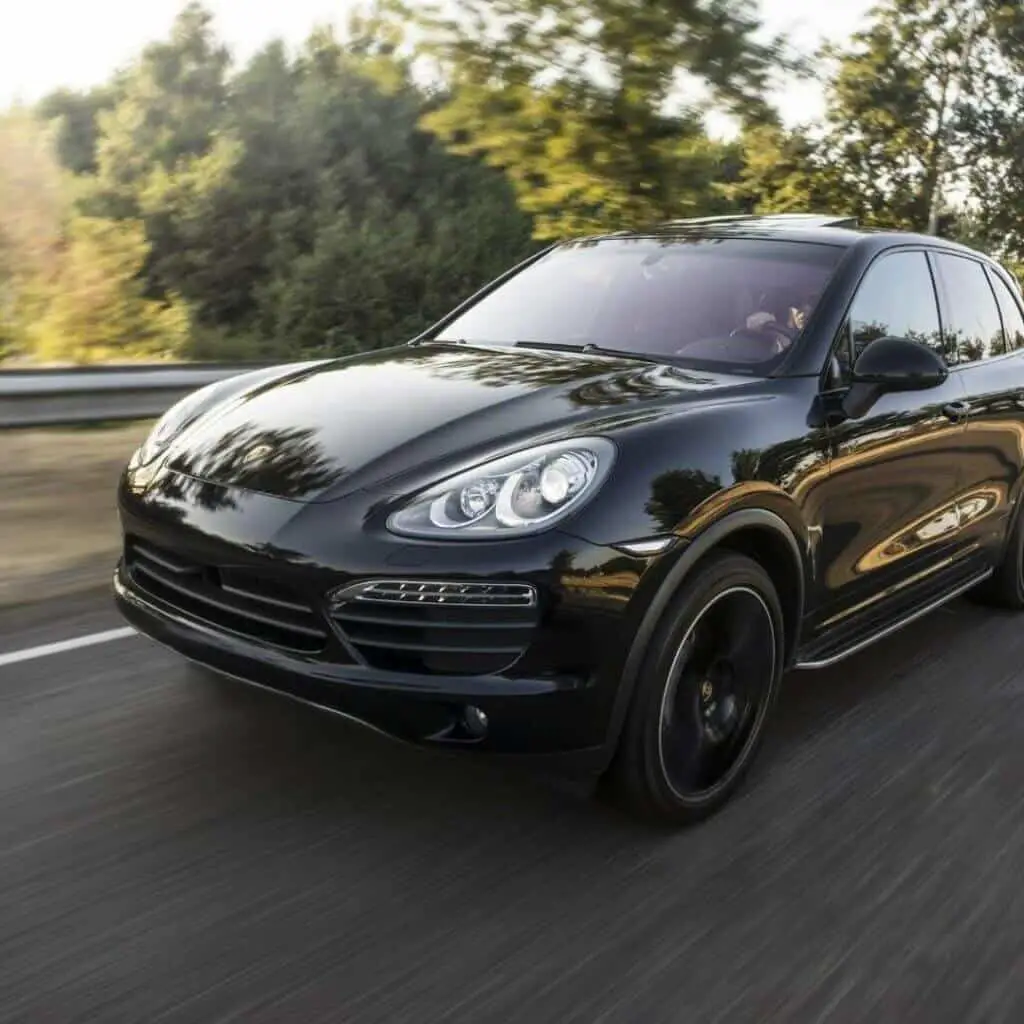Are you familiar with the Suzuki Dzire problems?
The Suzuki Dzire is a mid-sized compact sedan made by Suzuki in 2008. The car is popular in many countries, including India, where it is known as the Maruti Suzuki Dzire. The car is known for its modern styling, fuel efficiency, and practicality.
Dzire has a 1.2-liter four-cylinder engine that produces 82 horsepower. Its features include a touchscreen infotainment system, keyless entry with push-button start, and automatic climate control.
Others include a rearview camera, leather-wrapped steering wheel, dual airbags, anti-lock brakes, and electronic stability control. However, despite its popularity, the Suzuki Dzire has had its fair share of problems over the years.
Most Common Suzuki Dzire Problems

- Engine Trouble
The engine is one of the most typical issues Suzuki Dzire owners experience. Loss of power or hesitation during acceleration is the most prevalent problem facing Dzire users. Some drivers have complained that their cars use more oil than necessary.
A malfunctioning fuel pump, a clogged fuel filter, or worn-out spark plugs are potential causes of these problems. Other recorded engine issues include oil leaks, overheating, or a lack of power, likely resulting from poor maintenance, worn-out components, or defective sensors.
Furthermore, some owners have stated that their Check Engine light continues to flash even if there are no visible issues with the vehicle. One explanation for this is the use of poor fuel quality, resulting in engine problems such as misfiring.
- Transmission Problems
The transmission is frequently highlighted by Suzuki Dzire owners. The Suzuki Dzire’s Continuously Variable Transmission (CVT) is built to deliver a comfortable and efficient driving experience. However numerous Dzire drivers complain that their cars have trouble changing gears or that the transmission slips. [1]
Additionally, the car jerks or lurches, which makes driving uncomfortable. These problems are caused by multiple factors, including low transmission fluid, excessive heat, or a malfunctioning solenoid.
It’s crucial to maintain your Suzuki Dzire regularly and have the transmission fluid changed at specified intervals to prevent CVT breakdowns. Also, avoid aggressive driving and abrupt acceleration, as this might wear out the transmission excessively.
- Suspension and Brake Issues
The suspension system is in charge of providing comfort and maintaining stability while driving. Uneven tire wear and excessive noise or vibration when driving are two major faults with the Suzuki Dzire suspension system. Damaged suspension parts, such as worn-out shocks or struts or poor wheel alignment, are to blame for these problems [2].
There have also been brake-related complaints from some Suzuki Dzire owners, including a soft brake pedal and grinding noises when braking. These problems could result from worn-out brake pads, a damaged brake rotor, or a brake caliper issue.
The car’s brake pads and rotors can wear out so quickly, leading to reduced stopping power and noisy brakes. It may occasionally be challenging to stop the car fast if the brake pedal seems spongy or soft. Ignoring braking and suspension issues with a vehicle can be exceedingly risky since it raises the likelihood of collisions on the road.
- Fuel Efficiency Problems
One of Suzuki Dzire’s major selling points is its fuel efficiency. Nonetheless, Suzuki Dzire’s promised fuel efficiency is frequently criticized for falling short of expectations. Some drivers say the vehicle’s fuel economy is much less than the manufacturer claims; thus, the cars use more fuel than they should.
Another problem with fuel efficiency is that it typically declines dramatically when traveling through congested areas or uphill [3]. Drivers who reside in places with busy highways or mountainous terrain may need to fill the tank more frequently than anticipated.
Other users claim that the vehicle’s fuel gauge is incorrect. These problems could be spurred on by various causes, such as a clogged air filter, a broken fuel pump, or a problem with the car’s sensors. Sometimes the issues may arise due to actual driving circumstances and potential fuel injection system issues with the vehicle.
- Electrical Issues
Several Suzuki Dzire owners have reported issues with the car’s electrical system. These problems may include battery, alternator, or starter motor issues. A dead battery is one of the electrical system’s frequent problems.
A broken alternator, corroded battery terminals, or leaving the lights on for a long time contribute to these issues [7]. Some owners complain that their cars have trouble starting or that the battery drains too quickly.
Power window faults are another typical electrical issue resulting from a broken window switch, damaged motor, or wiring issue. When the power windows fail, the windows stuck in the down position can be frustrating and unsafe.
Electrical issues might also result from a damaged ignition coil. If the ignition coil is defective, the engine may misfire, run poorly, stall, or not start. Sometimes, the car’s radio or other electronic devices may stop working.
- Steering Problems
Like so many other cars, steering issues occasionally occur in the Suzuki Dzire. A loose or worn steering wheel often causes trouble in the Suzuki Dzire. Numerous factors like regular wear and tear, a damaged steering column, or a slack connection between the steering wheel and the steering rack, account for these problems.
The steering wheel shaking or swaying is another constant problem when driving at high speeds [8]. A range of factors, such as worn suspension parts, diminished wheel bearings, or unbalanced wheels, could bring this on.
Several Suzuki Dzire owners have also reported problems with the power steering system, including a loss of power steering assist or a whining sound from the pump. The power steering system may leak, or the power steering control modules may malfunction.
- Rust Problems
Suzuki Dzire owners have experienced rust issues on the car’s undercarriage and wheel wells, particularly in regions where moisture and salt collection occurs. Rust can harm a vehicle’s structural integrity, aesthetic appeal, and market value.
Rust on the door panels and hinges is another common issue. The car can appear unattractive, and the door might jam or stick, which could be dangerous. If left unchecked, rust on the hinges can cause the door to fail and make it creak or squeal when opening and shutting.
Washing the Suzuki Dzire frequently and keeping it clear of debris and moisture are essential to preventing rust on the vehicle. Another way to avoid rust is using a sealer or protective wax.
- Premature Headlight Bulb Burnt-Out
Burnt out and failure of headlight bulbs is an issue that some Dzire owners frequently deal with. If this issue is not solved immediately, it could become annoying and dangerous. Wear and tear over time is the main reason for burned-out headlight bulbs.
The bulbs could occasionally fail prematurely due to a manufacturing flaw or another problem [9]. Electrical issues could also cause headlamps to burn out. It’s crucial to replace burnt-out headlight bulbs as soon as possible to prevent possible accidents.
Fixing Suzuki Dzire Issues
The solutions to the problems discussed above will vary depending on the specific issue. The best way to prevent issues with the Suzuki Dzire is to perform regular maintenance and inspections. It is essential to follow the car’s maintenance schedule and have it inspected by a qualified mechanic if there are any issues.
In some cases, replacing worn-out parts or performing repairs may be necessary to prevent more significant damage. Also, drive your car gently and avoid aggressive driving, sudden acceleration, and extreme conditions. Additionally, use high-quality parts and fuel to guarantee optimal performance. Also, consider having your car checked regularly by a professional mechanic.
Read Also: Suzuki Vitara Common Problems
Conclusion
The Suzuki Dzire is generally considered to be a reliable and affordable car. However, like any car, it has its problems.
Some of the most common Suzuki Dzire problems include electrical, steering, rust, and pour fuel efficiency issues. Addressing these issues early can help ensure your vehicle remains reliable and safe.
With proper maintenance and attention, this car can perform dependably for over a decade or even longer. To keep the automobile running smoothly, perform routine maintenance tasks like oil changes, tire rotations, and tune-ups.
Remember to address any concerns as soon as they arise. Moreover, proper driving practices like avoiding abrupt acceleration and braking might help the car last longer.
Read Next: Mazda CX-5 Problems




